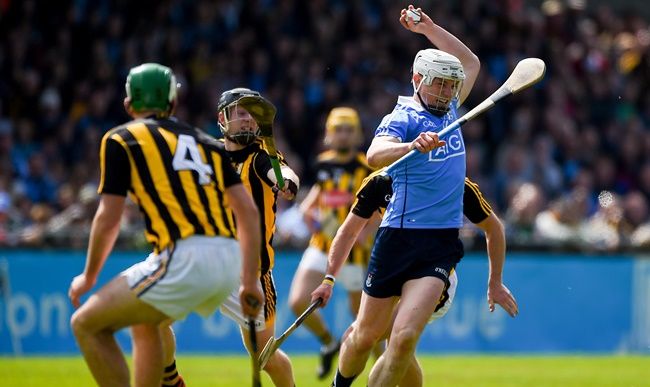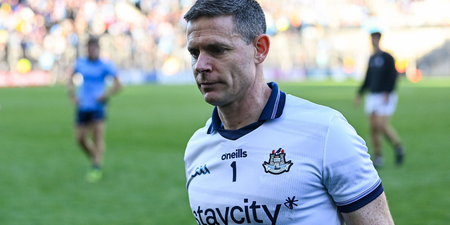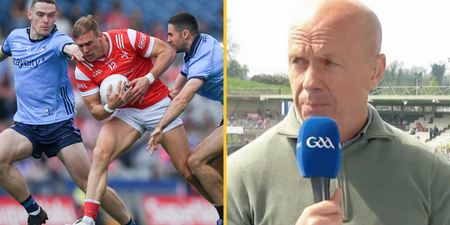Liam Rushe doesn’t remember the last time that he was placed under a drinking ban.
You’ll hear club players all over the country curse the beer bans they’re imprisoned by and while there undoubtedly are a number of clubs still living in the past, chances are that some of these lads are just too committed to the cause to sacrifice it all with a drinking session.
Because for the most part, it’s an unwritten, unspoken of rule that abounds.
Drinking bans were a big thing a couple of years ago, but certainly, they’re fading away from the very top level of the game in recent times. That’s because managers are realising that the leeway they give players will result in a healthier environment for the team in the long run – certainly at an inter-county level anyway where players are dedicating too much of their time and lives to their sport to throw it all way with one foul session.
Instead, it has to be all about trust.
Managers need to trust their players just as players need to trust their managers. The aim really, according to Dublin senior hurler Liam Rushe, is to create a culture similar to the that exists currently in rugby. That’s where players are trusted to have one or two drinks but not to go nuts and cause Armageddon to their vital organs with every chance they get to have a sup.
In the past, given an inch and GAA players would take a mile. Now the aim is that they’ll be given an inch more often, but only take an inch.
“There’s so much made of drinking bans and stuff like that. I’m trying to think of the last time we had an official drinking ban, sure it was years ago,” said the Dublin senior hurling full forward on Thursday’s GAA Hour Hurling Show.
“I don’t know do whether other teams do it differently because number one, you don’t get the time to go on mad sessions. The way the league is that tight, if you’d a game on a Saturday, alright, you might do something together, but I can see what Limerick mean, I would much prefer to see that culture come in of, a la the rugby, we’ll all go out for a few, and we won’t go nuts,” he said.
It came out from the Limerick All-Ireland winning hurling camp that they’d go out for a couple of scoops in between some of their matches this year. Nothing crazy, just a few pints, a chat among teammates and a team spirit enhanced.
“The Tipperary or Waterford doctor came out and said a few years ago that, at the current rate, someone is going to die, because you’re not drinking for months, and then you’re going flat out for a night,” said Rushe.
That can’t be healthy.
Colm Parkinson played under Liam Kearns for a few years with Laois. The Kerry man is well renowned by this stage for his refreshing approach to drinking with the Tipperary footballers, and Parkinson says it was always that way with him.
“When Liam Kearns was over us, he gave us that leeway. He said to us ye can go out four times during the League. There are seven games, ye pick which ones, but we’re all going out together, and all sticking together…We were all delighted with this because when Micko was over us it was six months, don’t want to hear about it, there’s no drinking.”
And Wooly asked the million dollar question.
“Whether we like it or not, we’re Irish and our culture revolves around pubs. But does the intangibles involved in going out together after games outweigh the scientific negatives?
Liam Rushe had the perfect response.
“A team that beers together wins together, there’s a lot to be said for it,” laughed Rushey in response.
Former Laois hurling manager Cheddar Plunkett feels it’s a difficult one for managers, but he’s in agreement that managers laying down rules is a pointless, self defeating act.
“This is a very difficult one for managers,” says Cheddar Plunkett. “I don’t know any manager that would say, ‘don’t have a drink.’ A manager shouldn’t set rules for their team, because then you’re in a disciplinary situation when someone breaks them. I think the real issue here is team values. Honesty and trust is key,” he said.
You can listen to this discussion and much more from The GAA Hour Hurling Show right here.




















































